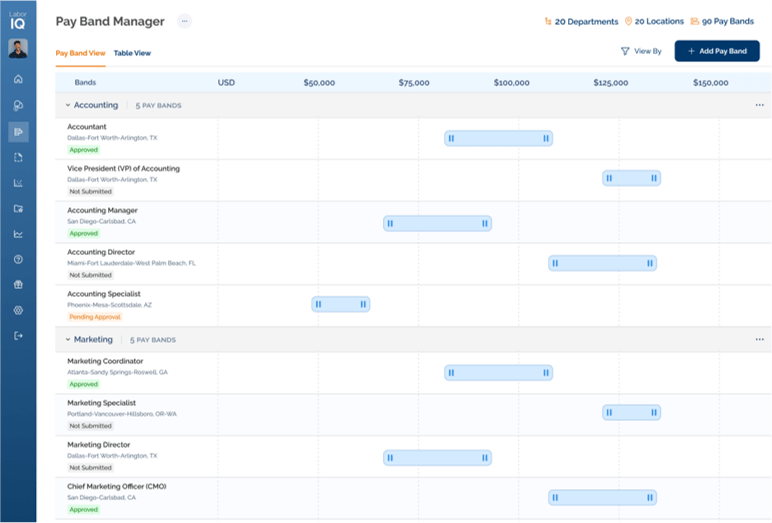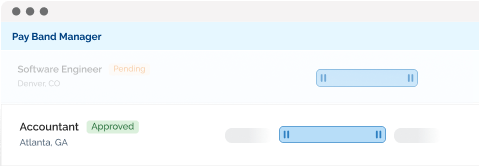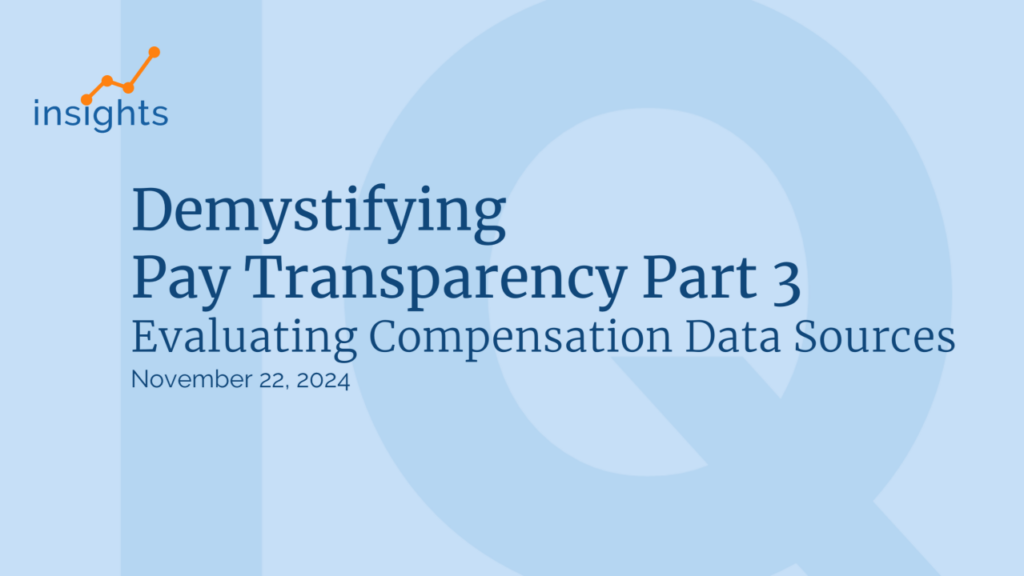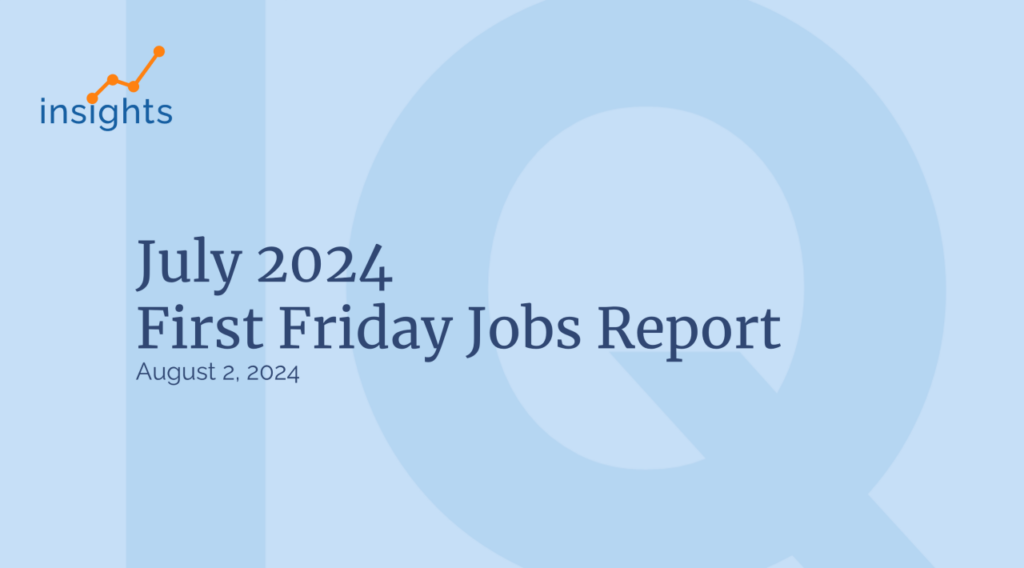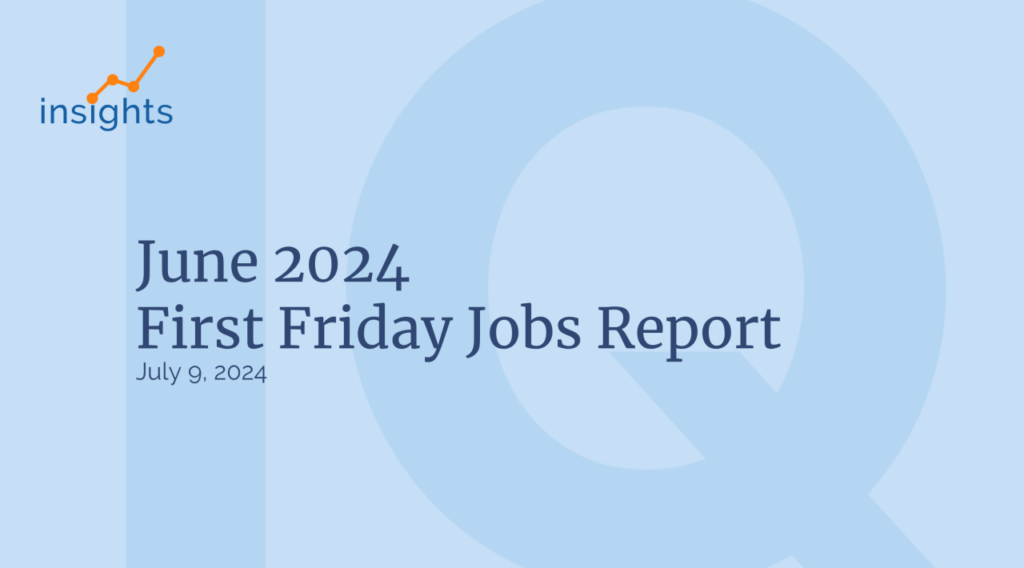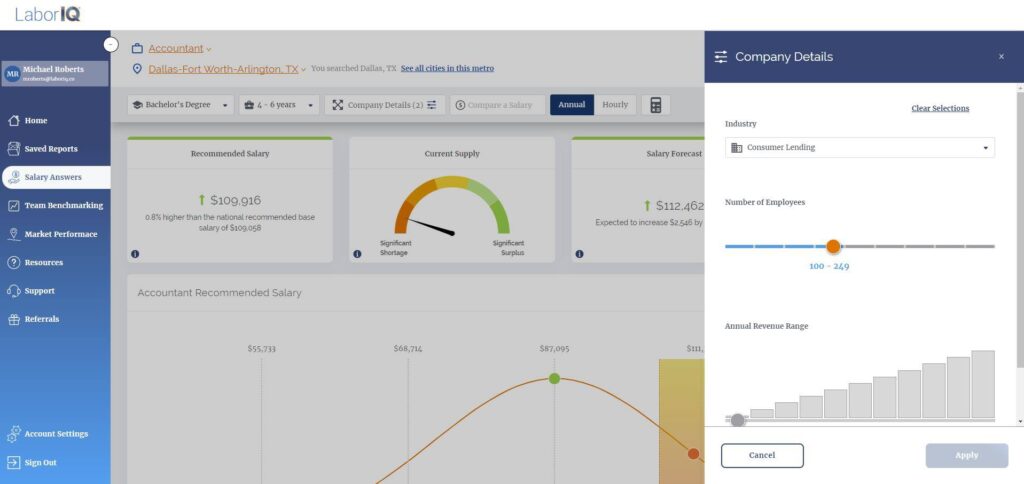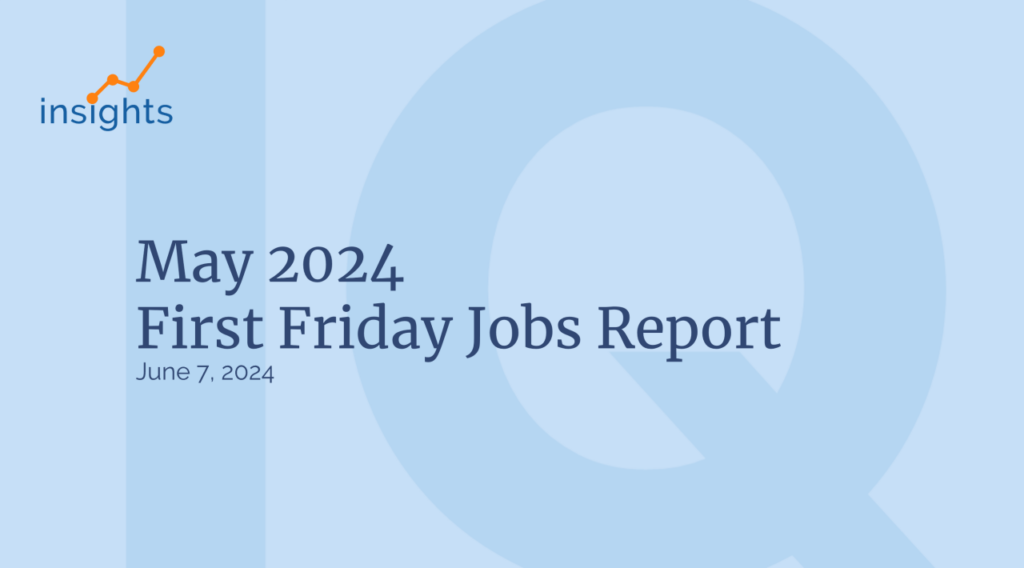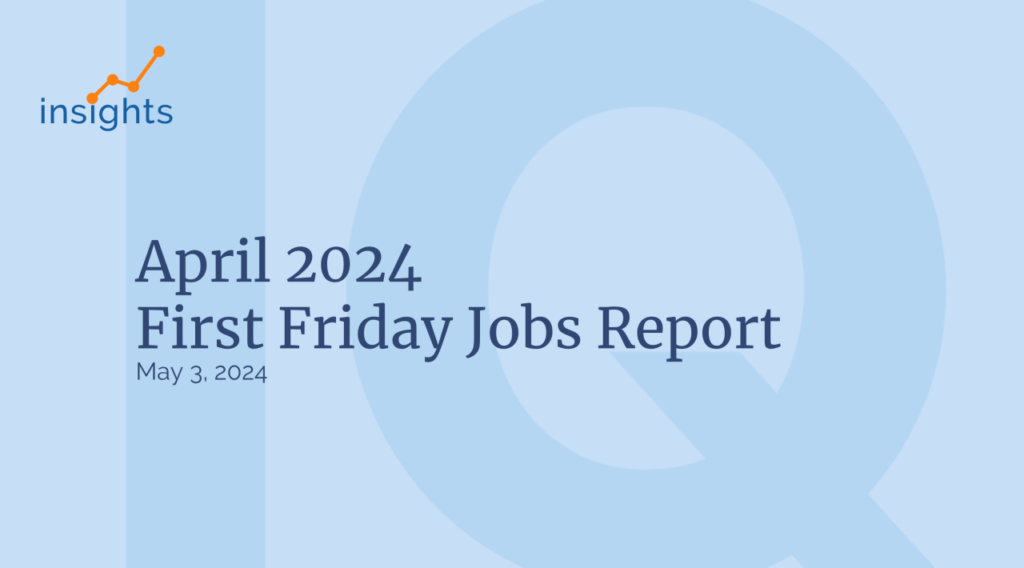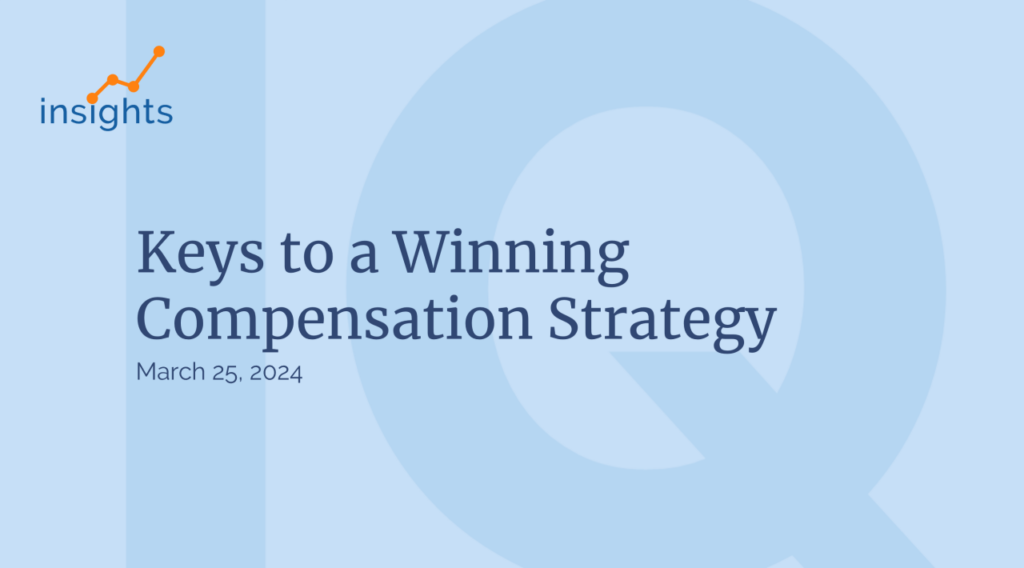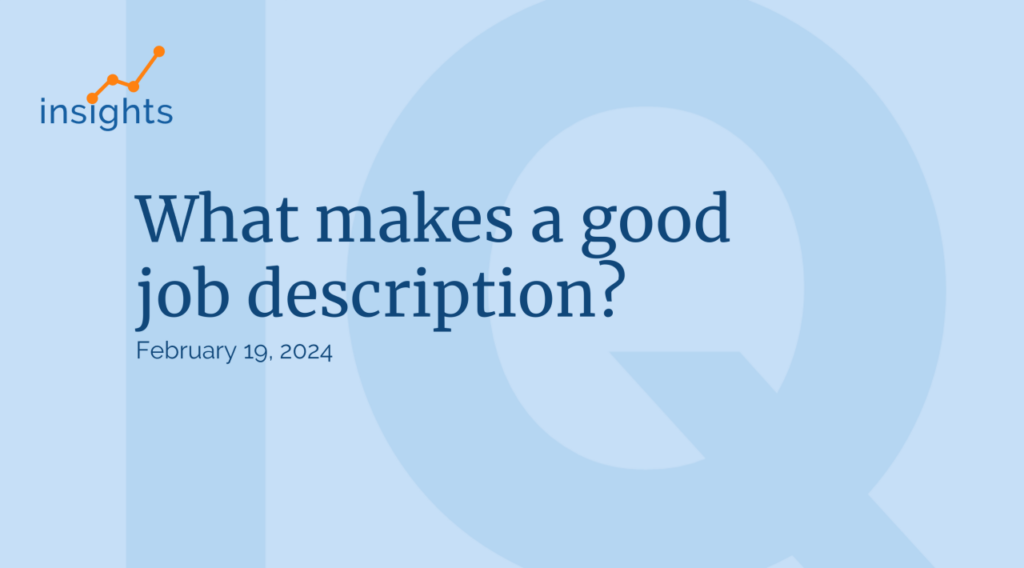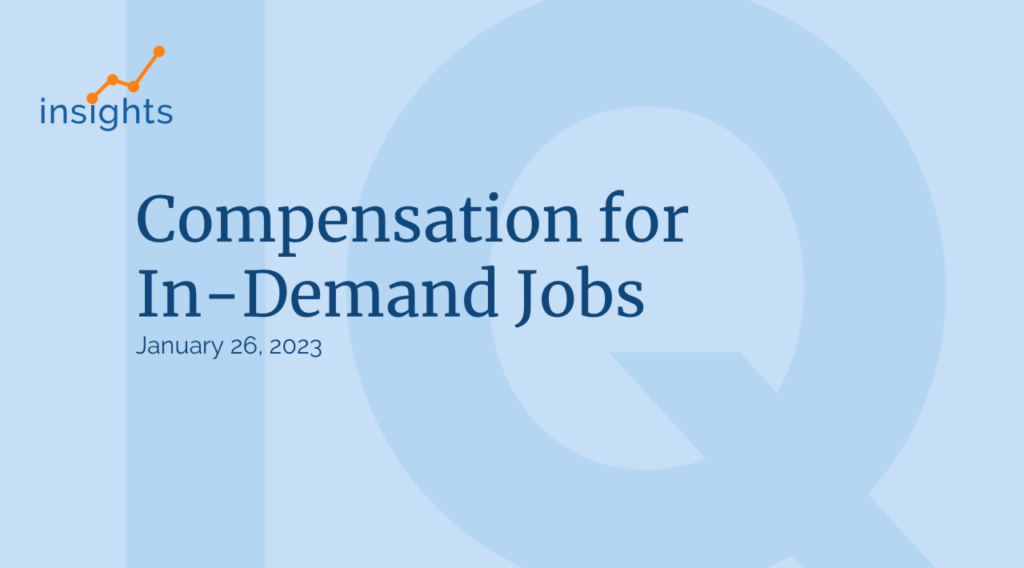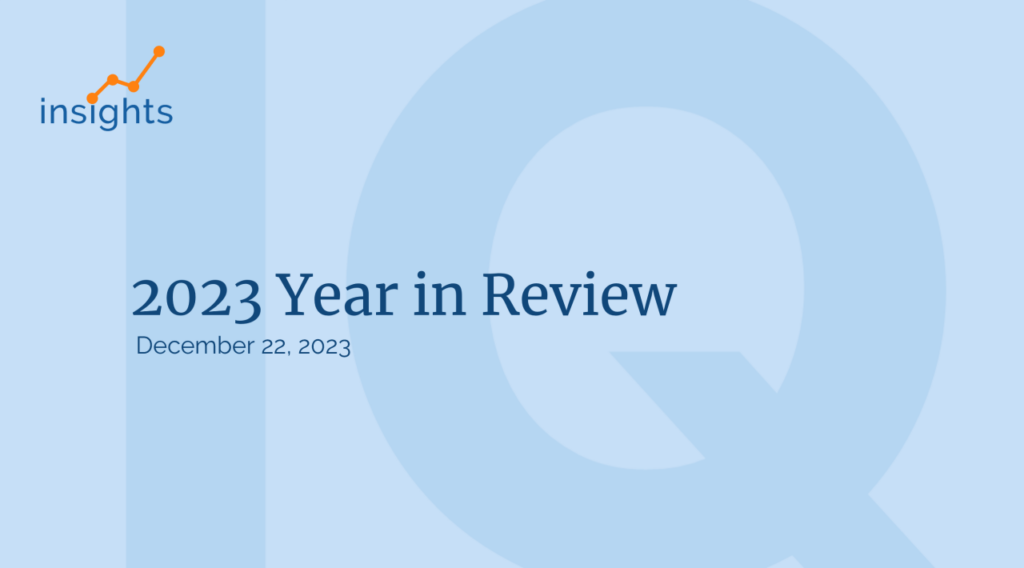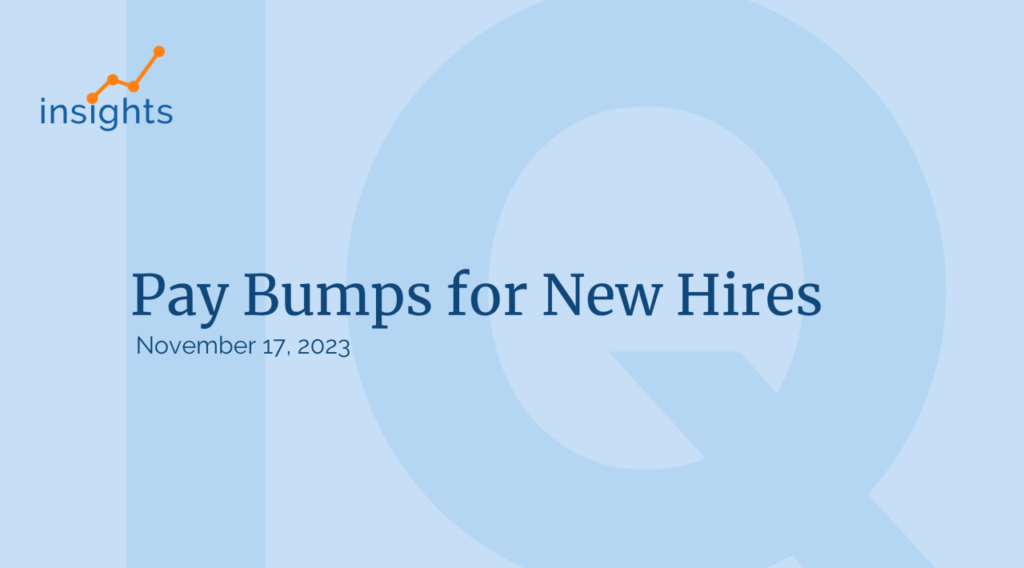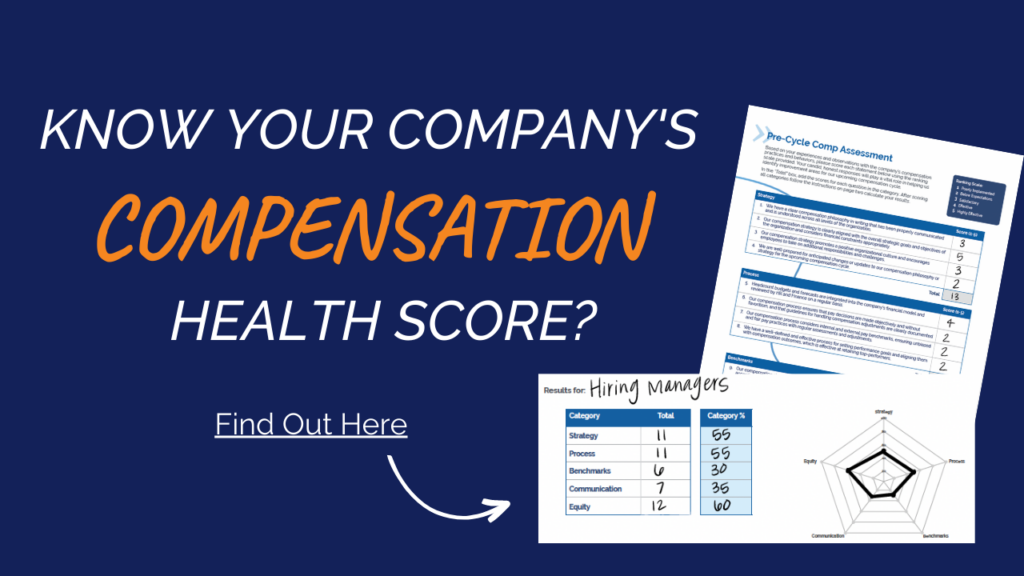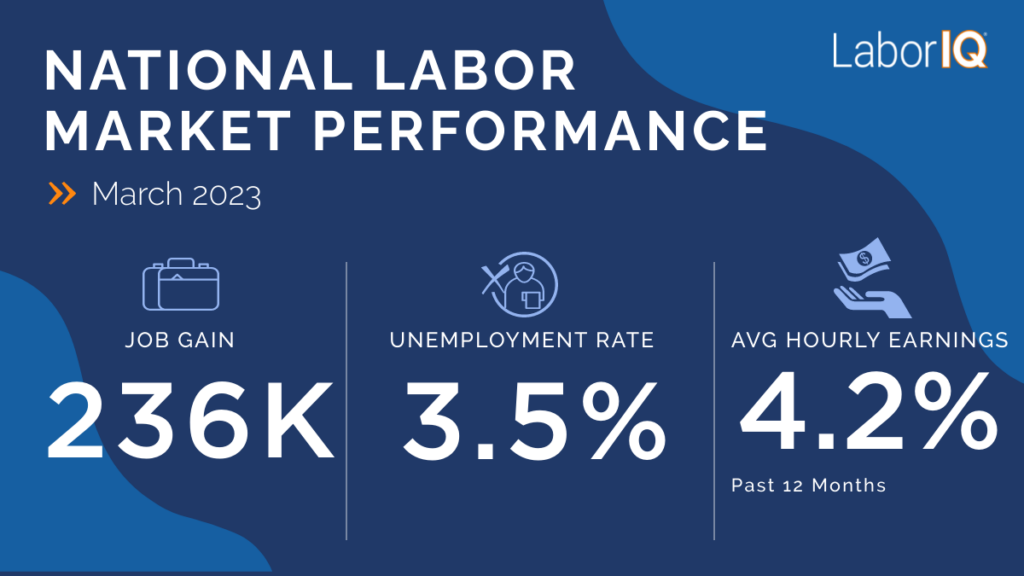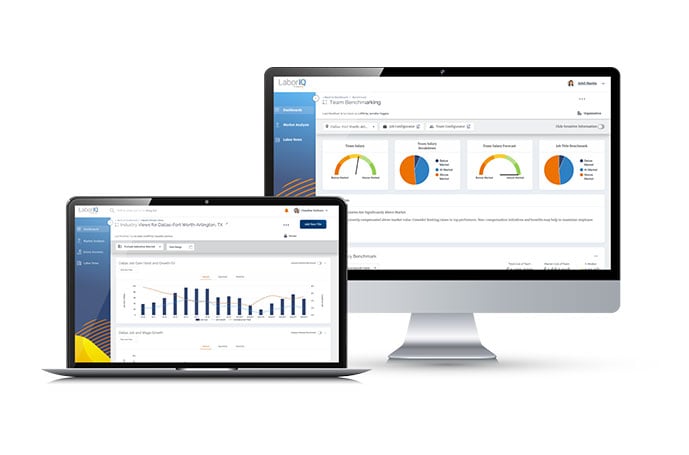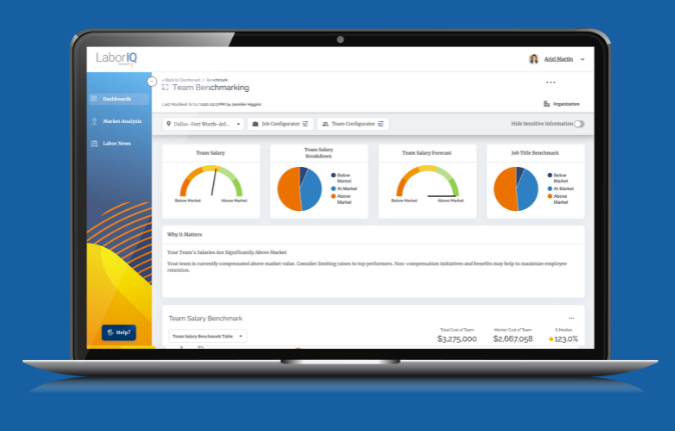Compensation benchmarking data is an essential tool for planning and developing fair and competitive pay practices that inform talent strategy, hiring plans, budgets and facilitate continuous improvement in pay practices.
For those of you leveraging compensation data, but still losing employees and job candidates because of pay, it might have to do with your salary data source.
If you are looking to purchase market compensation benchmarking data for the first time, this can also be a guide to help you understand the various options.
The real key is finding the right combination of reliable data sources that fit your market, your jobs and provide in-the-moment data.
Let’s look at good, better and best options.
Good
Published, traditional surveys from associations or consulting firms. These typically cover a wide range of jobs, which is a plus, but these surveys are often conducted annually and published around six months later, so they do not always reflect what is currently happening in the market and may not include newer job types.
Internal company data from your HRIS or another internal database. While this information is a valuable way to compare pay between departments or people with the same title, it does not give you a picture of what is happening in the external market.
Free, online data is readily available by pulling information from listings on job sites; however, culling through this information is time-consuming and the published ranges in job postings may make it difficult to determine the actual compensation offered to the person who accepted the role.
Using this data is better than not using data at all, but the biggest reasons these sources do not make the next category are due to timeliness, sample size and data validation.
Better
Custom surveys that are specific to your individual market, specially designed for your business. These are very accurate but also can be expensive. The challenge with custom surveys is that you miss what is happening in the broader market (if the survey is industry-specific). While accuracy is a plus, the timelines and size of the sample are a challenge.
Crowd-sourced, employee-collected data can improve the timelines and specificity of data. Depending on the source, sample size could still be an issue for reporting on some jobs and locations. The challenge is that even “real-time” salary surveys are based on compensation rates set in the past. There is no recommended rate to offer for a current job opening based on today’s market or adjustments for the next merit cycle.
When using employee-reported market data, make sure you know the validation process for the data to ensure legitimacy. Also remember that using it means that you are relying on salaries set in the past, rather than today’s going rate.
Best
Robust and comprehensive data sets that are based on 10s of millions of salary observations across industries and locations that are validated by actual paystubs. This removes the bias of small sample sizes but still lets you customize the results by industry.
Time-adjusted, or aged, data based on changes in the economy and labor market. By definition, salary surveys lag due to the timing of collection and depending on when the employee last had a pay adjustment. Leverage expert forecasts rather than making assumptions or using out-of-date salaries from other providers.
Specific salary recommendations based on attributes of job requirements. This is the biggest gap missing from almost all compensation benchmark providers. Having an up-to-date range of salaries is a plus, but you still need to know the exact amount to offer a new hire or for merit planning. Broad ranges still leave you guessing.
Ability to have your jobs added if they are missing so that all of your roles get benchmarked. For jobs less prevalent in certain industries or locations, traditional surveys, and other sources often will not include them. Leveraging data science helps provide answers for job titles that are not as common.
Good and Better provide inputs, but they lack the answers and depth of data that Best delivers.
Compensation Benchmarking Data Has Evolved
The methodology used to benchmark salaries can give you a different insight into what it takes to attract and retain employees.
Methodology matters when it comes to your compensation benchmarking software and your best approach is to leverage robust data sets that are brought up to date through economic forecasting and data science.
Knowing the rate to offer is critical for all of your roles, and having to do guesswork is both time-consuming and risky.





